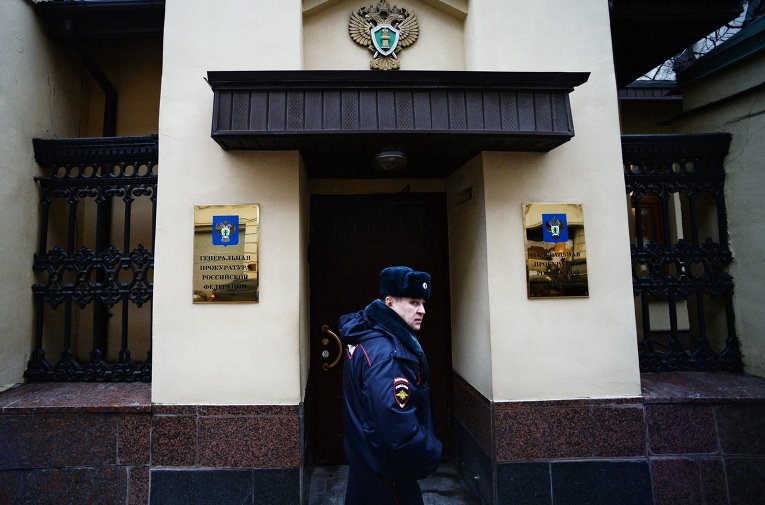MOSCOW, July 3 (RAPSI, Diana Gutsul) – Defense lawyers for Swiss-based Russian businessman Yuri Shefler, who owns rights to several famous vodka brands, have filed a complaint with Russia’s Prosecutor General’s Office over investigator’s inaction, attorney Dmitry Kravchenko told RAPSI on Monday.
Defense asked Prosecutor General Yury Chaika to open a criminal case against the investigator, who had failed to execute several court rulings ordering to pardon Shefler.
Earlier, the Moscow City Court ordered the Investigative Committee to pardon SPI Group’s Board Chairman Shefler; however, an investigator did not enforce the court decision and rejected a motion filed by defense to close the case against the businessman. In May, Moscow’s Basmanny District Court ruled that the investigator’s refusal to grant amnesty to Shefler was illegal.
According to Kravchenko, the Investigative Committee stopped replying to motions and complaints lodged by the businessman’s defense following the Basmanny District Court’s ruling.
In 2001, a criminal case was opened against Shefler on allegations of illegal use of trademark. Six years after he was arrested in absentia and put on the international wanted list, but foreign states dismissed Russia’s request for his extradition.
A bill proposing an economic crime amnesty spearheaded by business ombudsman Boris Titov was approved by the State Duma in 2013. The resolution releases from criminal liability, regardless of the designated prison term, individuals convicted or held liable under 27 articles of the Criminal Code related to business activities. For the amnesty to take effect, a suspect or a convict had to return the property or compensate the damages to the complainants.
In August 2013, Shefler transferred 1.3 million rubles ($22,000 at the current exchange rate) to the Russian state company Soyuzplodoimport as part of the case against him. However, the company has estimated its damage at 140 times as many. The investigator in the case recognized disagreement of the injured party as a just cause for rejection of pardon.
Thereafter, the businessman, whose worth was earlier estimated at $1.9 billion by Forbes, turned to the Constitutional Court of Russia. The Court held that “if the initial estimate was correct then it should be used for compensation of the damage and gaining the right to be pardoned.” If the estimate was too low, “redrafted charges are to be brought against the defendant,” the judgment read.
After the Constitutional Court had issued its judgment, a number of courts revoked the investigator’s refusal to grant economic amnesty to Shefler and remitted the respective order.



